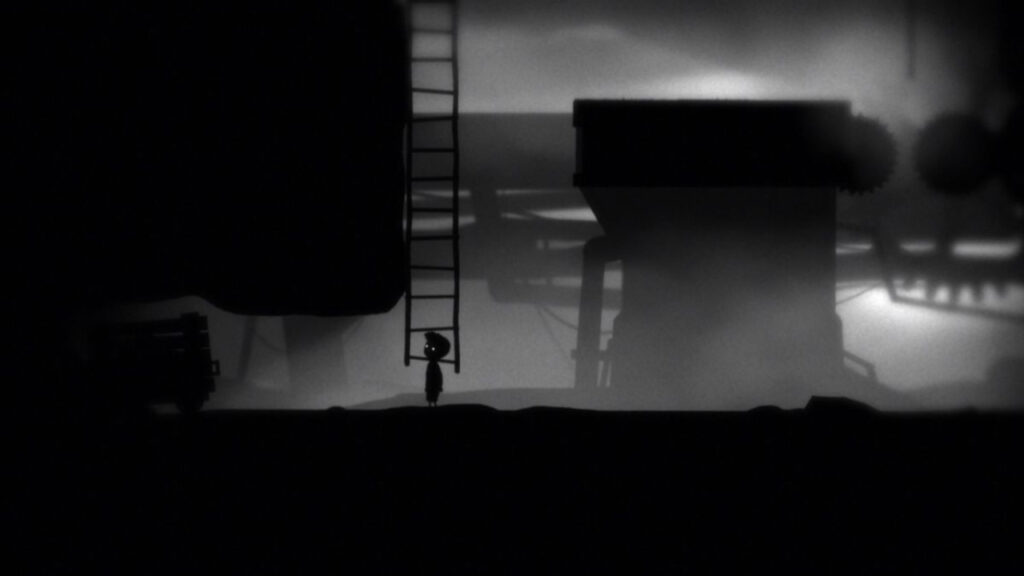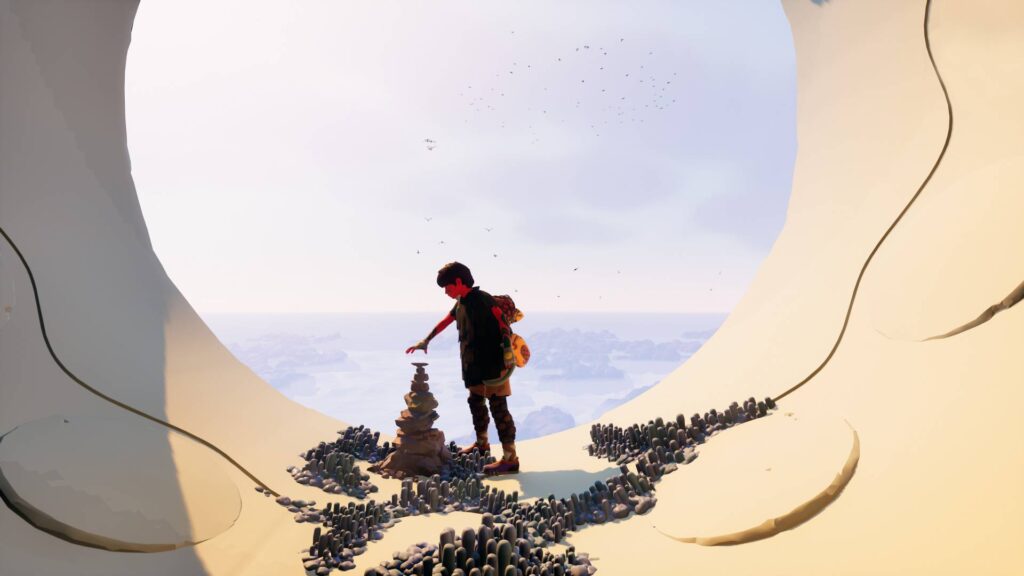For a certain subset of players, no meditative indie videogames existed until 2012 with the release of Journey. And in a way, no other have. The impact this unassuming game had cannot be underestimated. Regarded as one of the best games of the year in its time, it was heavily praised for its minimalistic approach to gameplay and storytelling. Accompanied by the masterful soundtrack by Austin Wintory, it opened the eyes of many players, myself included, to what the medium of videogames can be when free from the shackles of its predictable conventions.
No dialogue, no combat, no scores. Just your goal to get to the top of the mountain. But over time, I think the bar it set might have been too high for many players. The phrases, “it is like Journey but with” or god forbid, “it’s Journey-esque” have become more prevalent than ever. It felt a truly groundbreaking title when it released, make no mistake, but while elevating the status of indies in general, it ended up making everything be compared to it. And this is a disservice to all the unique experiences out there.
A couple of years back, another very influential game spawned with similar themes. Limbo, released in 2010, was one unnerving title that achieved cult status in the process. I suspect the horror genre limited its appeal, only being referred to in the context of the Little Nightmares games. There is an inherent difference from the darker theme to the artstyle that make them unlikely candidates to pit against. But the template of esoteric, inferred environmental storytelling in your surroundings was already there.

I understand that artistic videogames are difficult to explain. As a game reviewer, an extremely important part of the job is writing blurbs. Other than trying to write a succinct piece considering every facet of the game, these short descriptions are what I struggle the most with. Because I cover many indie games no one’s ever heard of, the need to cut through the fluff and deliver an incisive pitch is imperative. It is so EASY to say “oh, it reminds me of this game”. To come clean, I have been prone to use this cheap device when inspiration doesn’t strike.
Then again, I do think that we need to move past these quick fixes to give daring new indie experiences their due flowers. Just because a profound narrative made you feel like Journey, it does not mean that it should be juxtaposed to that game. Most recently, I saw it with Herdling, a game that has you herding fluffy beasts through beautiful landscapes and hazardous terrains. Why was it set side by side with Journey? It has no dialogue. If you take that element out, it is a completely different experience that introduces friction to its gameplay. Not to mention that the story itself is not as cryptic.
Jusant, another brilliant indie based around climbing, was also at one point unfairly compared to this pervasive experience as well. Once again due to the lack of dialogue, the emphasis around its polished rock-climbing gameplay should instantly disqualify it as a “Journey-like”. In contrast to the game cited, it also has letters that explain what happened in your trek to the top of a tower. So I understand that to reach a wider audience saying it evokes an acclaimed experience that came out checks notes 13 years ago is tempting, but ultimately a harmful trope to go back to.

As a writer, you are supposed to be able to convey the most convoluted or simplistic of games in a palatable way for readers to follow. This ends up making us cite familiar pieces of media to ease in. It’s a good trick to lure unsuspecting bystanders to your write-up, and hopefully the game that you are talking about. In the end, though, it makes people think that it will be a similar experience, but lesser than the work quoted. As Journey is, in this case. Even though I have no doubt many sensorial indies were influenced by it, that doesn’t mean they should all be compared to it. Each experience unique, this should be reflected in the way we talk about them to not reduce ourselves to banal correlations.
Remember to follow us on Twitter, Facebook, and Bluesky to keep up to date on everything we have going on!